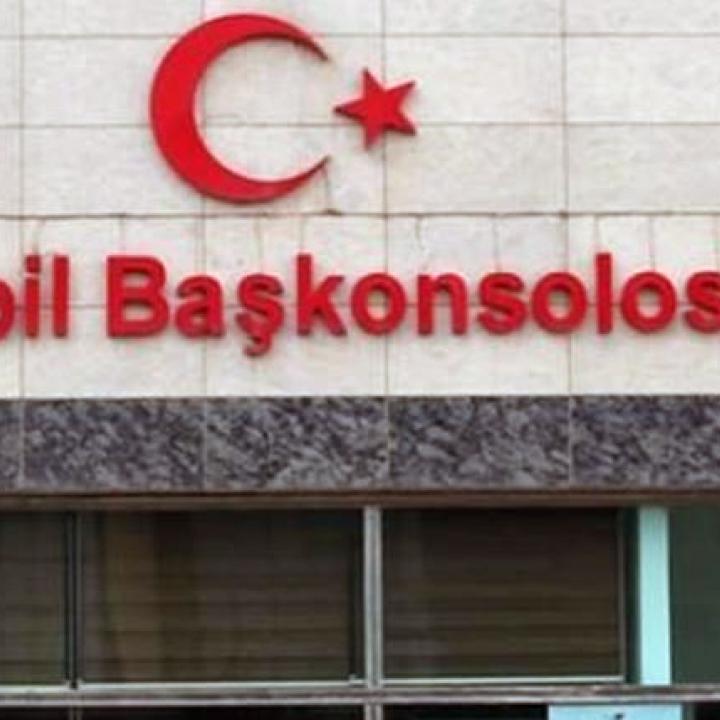
- Policy Analysis
- Policy Alert
The Erbil Shooting: Implications for U.S.-Turkish Policy

If the PKK is confirmed as the perpetrator, Ankara will almost surely launch retaliation in Iraq or Syria, and Washington will have little choice but to stand aside.
On July 17, a Turkish official and two local civilians were killed by gunmen at a restaurant in the Iraqi Kurdish capital of Erbil. Contacts in Iraq suggest the attack was carried out by members of the Kurdistan Workers Party (PKK), the designated terrorist group that has waged intermittent warfare against the Turkish government for decades. If those claims prove true, the incident will have crucial implications for Turkish policy in the Middle East and Ankara’s ties with the United States.
Turkey has cultivated close relations with the Kurdistan Democratic Party, the leading Iraqi Kurdish faction. Previously, the party secured an informal arrangement in which the PKK agreed to avoid attacks on Turkish personnel in KDP-controlled urban centers, including Erbil. If the PKK is behind the shooting, the KDP will see it as a violation of its sovereignty and a threat to its relationship with Turkey.
Even prior to the attack, the KDP was increasingly wary of the PKK’s growing presence near Sinjar on the border with Syria. The PKK has established a proxy militia there, registered under Iraq’s Popular Mobilization Forces. And last month, a separate PKK affiliate calling itself the South Kurdistan Self-Defense Forces vowed to target any Turkish presence in Iraqi Kurdistan. In light of such threats, the Erbil attack will likely align Ankara and the KDP even more closely, in both Iraq and Syria.
Turkey has already broken the PKK’s back at home following a series of successful domestic military operations. Accordingly, its only options for serious retaliation against the group now lie in Iraq and Syria. The PKK has a key headquarters in northern Iraq alongside the Qandil plateau. In addition, large parts of north Syria are under the control of the People’s Defense Units (YPG), the PKK offshoot that has worked closely with the United States in fighting the Islamic State.
If the PKK is blamed for targeting a Turkish official, President Recep Tayyip Erdogan will be pressured to take harsh action against the group in one or both of these areas. Yet doing so could undermine Ankara’s ongoing talks with Washington regarding a proposed “safe zone” in north Syria, where officials hope Turkey and the PKK/YPG might reach terms on long-term cohabitation.
The attack could also delay the Countering America’s Adversaries Through Sanctions Act, the recent U.S. legislation targeting Ankara’s purchase of Russian S-400 missile defense systems. President Trump has already signaled that he is not looking to sanction Turkey under CAATSA at this time.
Following the attack, Turkey’s Foreign Ministry stated that officials are working with Iraqi authorities to find out who is responsible. If the PKK is ultimately blamed, the targeting of a Turkish official would give Ankara an all but irrefutable casus belli against the group. At this time of crisis in bilateral ties, Washington may feel compelled to show solidarity and agree to some degree of retaliatory Turkish action in Iraq and/or Syria, with uncertain implications for the YPG.
Soner Cagaptay is the Beyer Family Fellow and director of the Turkish Research Program at The Washington Institute.



